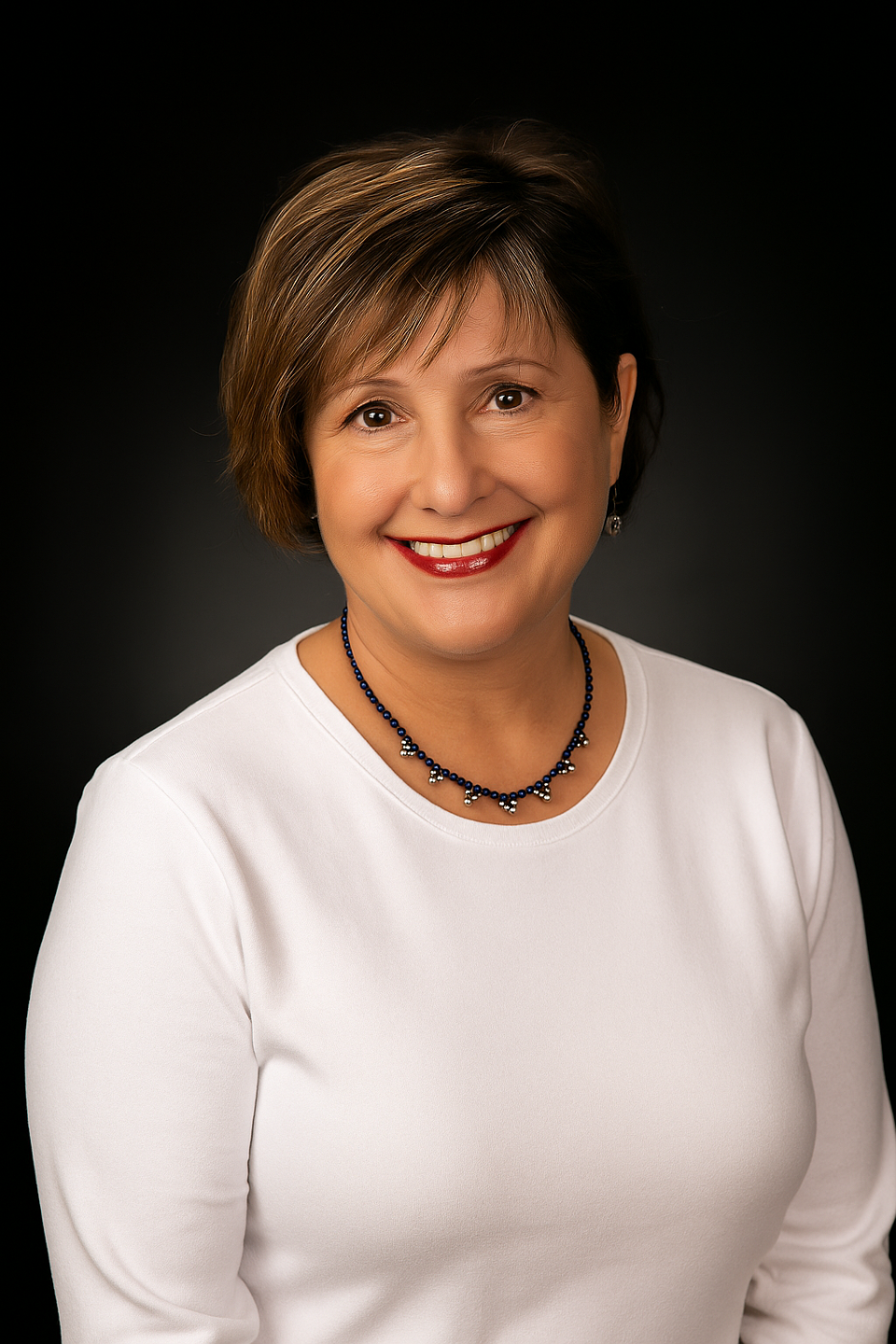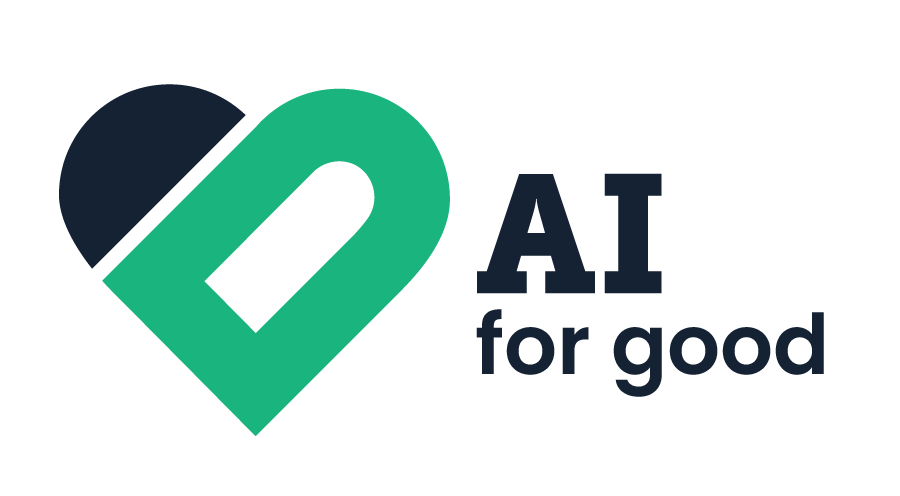Making AI make sense
One of the best things about learning AI from someone with a communication and marketing background is that you learn exactly what you need and aren't overwhelmed with tech speak.


Hi,
At AI for Good, we believe that technology should serve humanity, not the other way around. Unlike traditional tech-centric training programs, we focus on empowering individuals—especially those in midlife—by providing accessible, human-centered education on generative AI.
Our courses are designed to demystify AI, making it approachable and relevant to real-world experiences. We prioritize empathy, clarity, and practical application, ensuring that our learners feel confident and supported as they navigate the evolving AI landscape.

What we offer
At AI for Good, we provide:
-
Digital Courses: Practical, accessible learning to help you understand and utilize generative AI effectively.
-
Speaking Engagements: Engaging talks that demystify AI and its societal impacts.
-
Resources & Insights: Regular content that keeps you informed and empowered in the evolving AI landscape.

The real story
Hi! I'm Susan Czubek.
I never planned to become an AI educator. Four years ago, I was just like you—a working professional trying to keep up with the latest trends while doing meaningful work.
Then AI happened. Fast.
I founded AI for Good to provide accessible, human-centered education on generative AI. My approach is rooted in empathy, real-world experience, and a commitment to ensuring AI serves the greater good.


Why you matter to me
After 15 years in my career, I've seen a lot of game-changing tech. But generative AI felt different. Not just because of what it could do, but because of what it meant for people like us—professionals who've built careers on creativity, strategy, and human connection.
I watched colleagues panic about being replaced. I saw friends in their 40s and 50s worry they were "too old" to learn new tech. I heard policy makers make decisions about AI without understanding how it actually works.
That's when I realized: someone needed to bridge the gap between the tech world's excitement and real people's concerns. Someone who wasn't a programmer or data scientist, but who understood both the potential and the fears.
